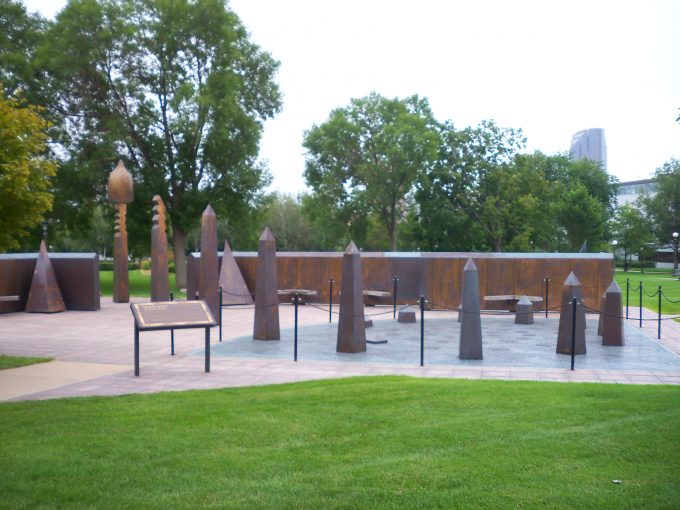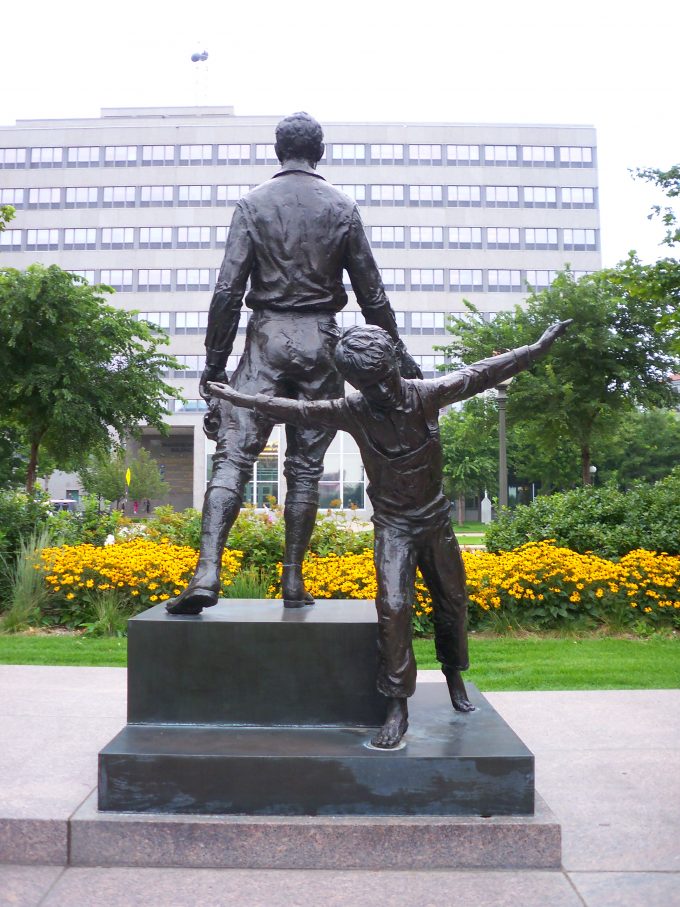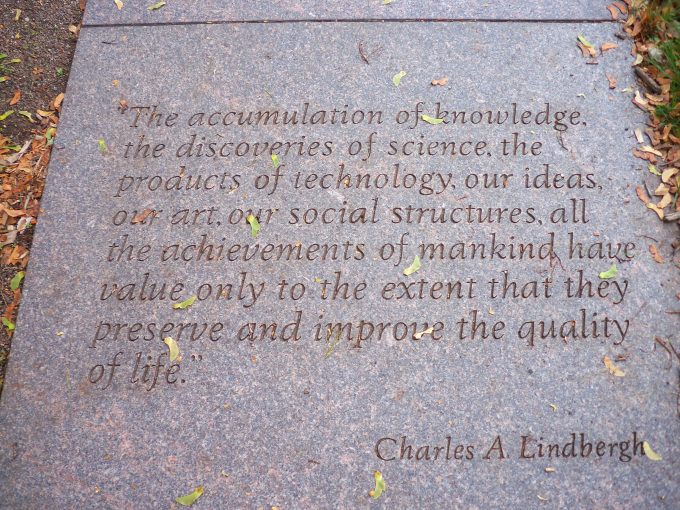
Tuesday, 15 August 2017
But concerning the times and the seasons, brethren, you have no need that I should write to you. 1 Thessalonians 5:1
Paul now enters into Jesus’ equivalent of Matthew 24:36. What Jesus was referring to was specifically dealing with Israel’s future prophetic events. The church was not yet formed, and the Gentiles were not yet being addressed. His words of Matthew 24 have nothing to do with the church. However, Paul’s words do. He is writing what is considered doctrine for those in the church.
This introductory verse was written to eliminate any false ideas about church events which had already been claimed, and which Paul had to re-correct them on in His second epistle (see 2 Thessalonians 2:1-4). The timing of these event are, and will remain, unknown until they come to pass. They are things which the Bible states belong to God alone. It is pointless to make speculations about when they will occur because Paul clearly informs us that we are not in the know.
And so, to begin this section of his discourse, he says, “But.” This is given to contrast what he has just laid out in the previous section – that of the resurrection and rapture of the church when we will be gathered together to meet the Lord in the air. A contrast means that it is the opposite of something. In this case –
1) We know that there will be a rapture, and the events which it encompasses are laid out in Scripture.
2) But…
This “But” is next detailed with the words, “concerning the times and the seasons.” This phrase is a Hebraism. The first word “times” is a word which carries the sense of “time in sequence” as in a succession of moments. It is chronos (think of “chronology”). A person has a time to be born, he has a time to be graduate school, he has a time to be married, and he has a time to die. These events are ordained in a sequence, one following logically after another.
The next word, translated as “seasons,” is the Greek word kairos. This word is more specific. It refers to things which come to their fullness, and thus they are “the right moment.” This is comparable to Jesus’ words of Matthew 24 when He says, “the day and the hour.”
After saying this, he then says, “brethren.” Paul is speaking only to believers. Unbelievers have no part in the words of Paul’s letters, with the exception of leading them to a relationship with God through Jesus Christ. Until that happens, the words do not pertain to them. They will not be included in the good things which have been prepared by God for His people.
Next he says to these brethren, “you have no need that I should write to you.” The intent of his words is not that the information was useless or somehow superfluous. It was because he had already told them that the timing of the events was beyond the sphere of his instruction to the church. It is natural for us to long for Jesus’ return, and thus that curiosity would then otherwise turn into idle speculation if he didn’t quell it in his audience now. Too bad we still don’t pay heed. Instead, it is the duty of the church to concern ourselves with affairs of the church, and not attempt to pry open the box of these future events “which the Father has put in His own authority (Acts 1:7).” There Jesus spoke the same words which Paul now puts to paper with the flow of his ink.
The coming verses will explain this in a way which rapture date-setters will claim gives them the right and the knowledge to pry all they want, but exactly the opposite is true. Context matters, and the context is that we are to pay heed to Jesus’ words of Acts 1:7, and connect them with Paul’s words here. After doing this, we are to say, “God is God, and I will not attempt to beat Him to the punch.” When the day comes (which involves a time known to God alone), we will not be surprised that it has come, but we will not have known that it was the day which He had ordained.
Life application: Setting dates for the rapture only causes harm. It is an embarrassment when it does not occur, it is an affront to God, and it diminishes the value of the church in the eyes of non-believers.
Lord God, how good it is that You have made such wonderful promises about our future! But, you have kept from us knowing the times and seasons of these future events. They belong to You, and they will be revealed to us only when they happen. Help us to be about Your work in the church instead of idly speculating about our departure. Help us to be obedient to this, and to be faithful Christians who go about Your business. Amen.




